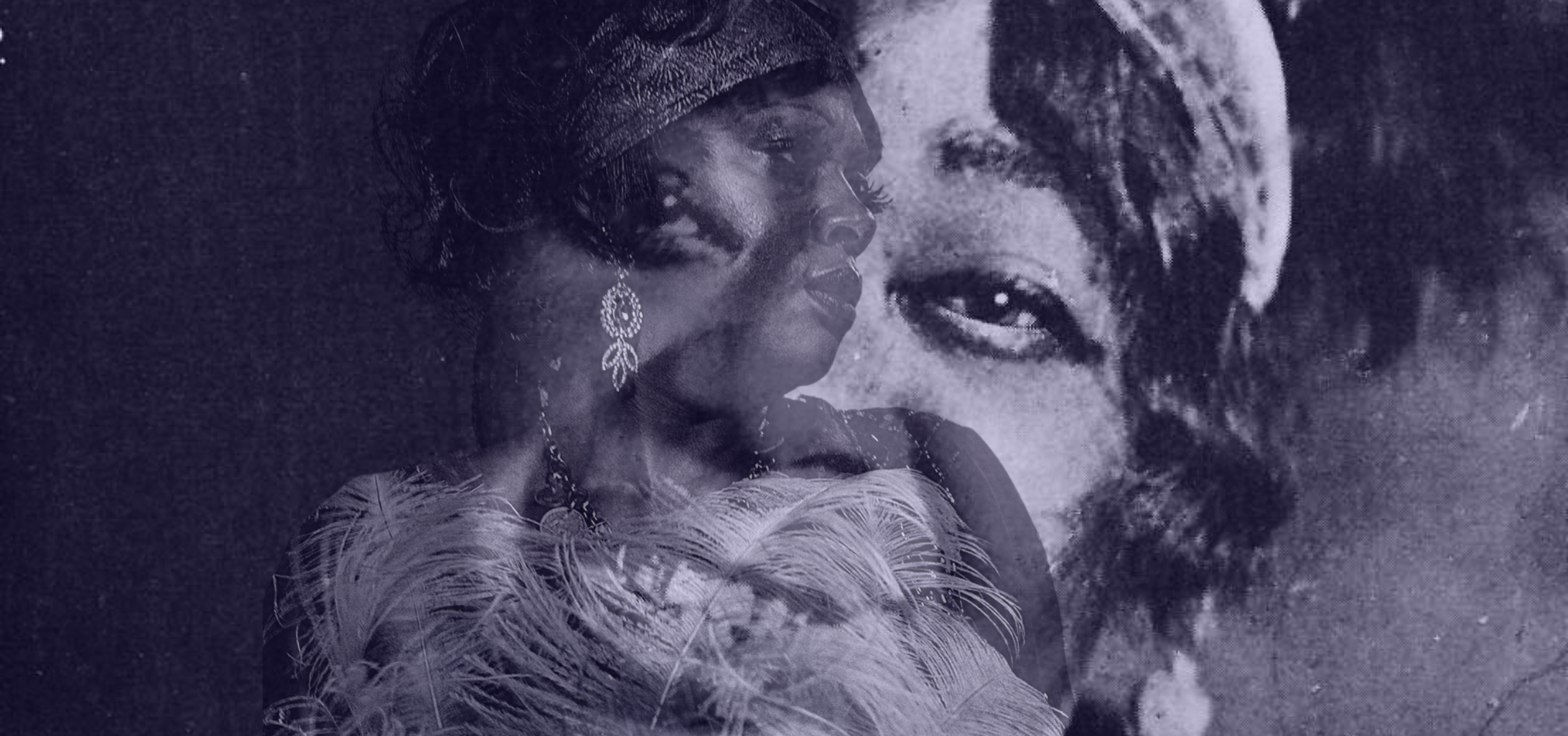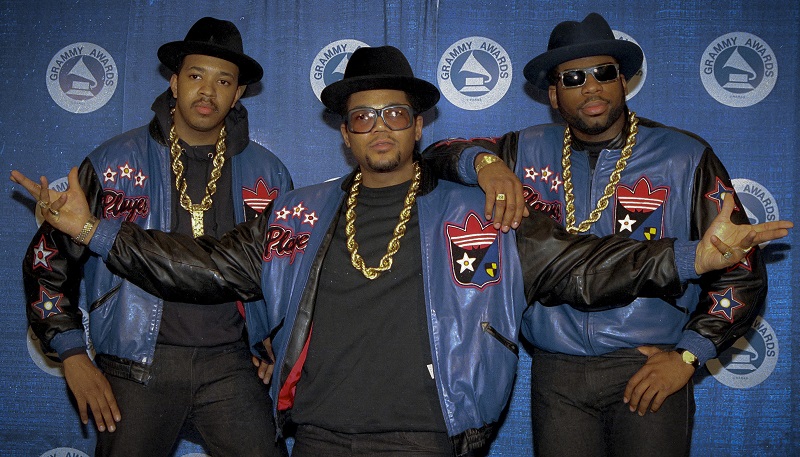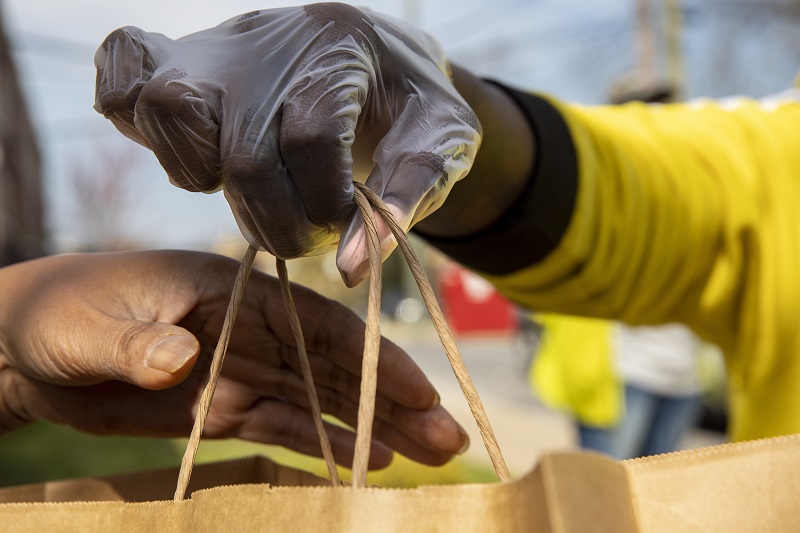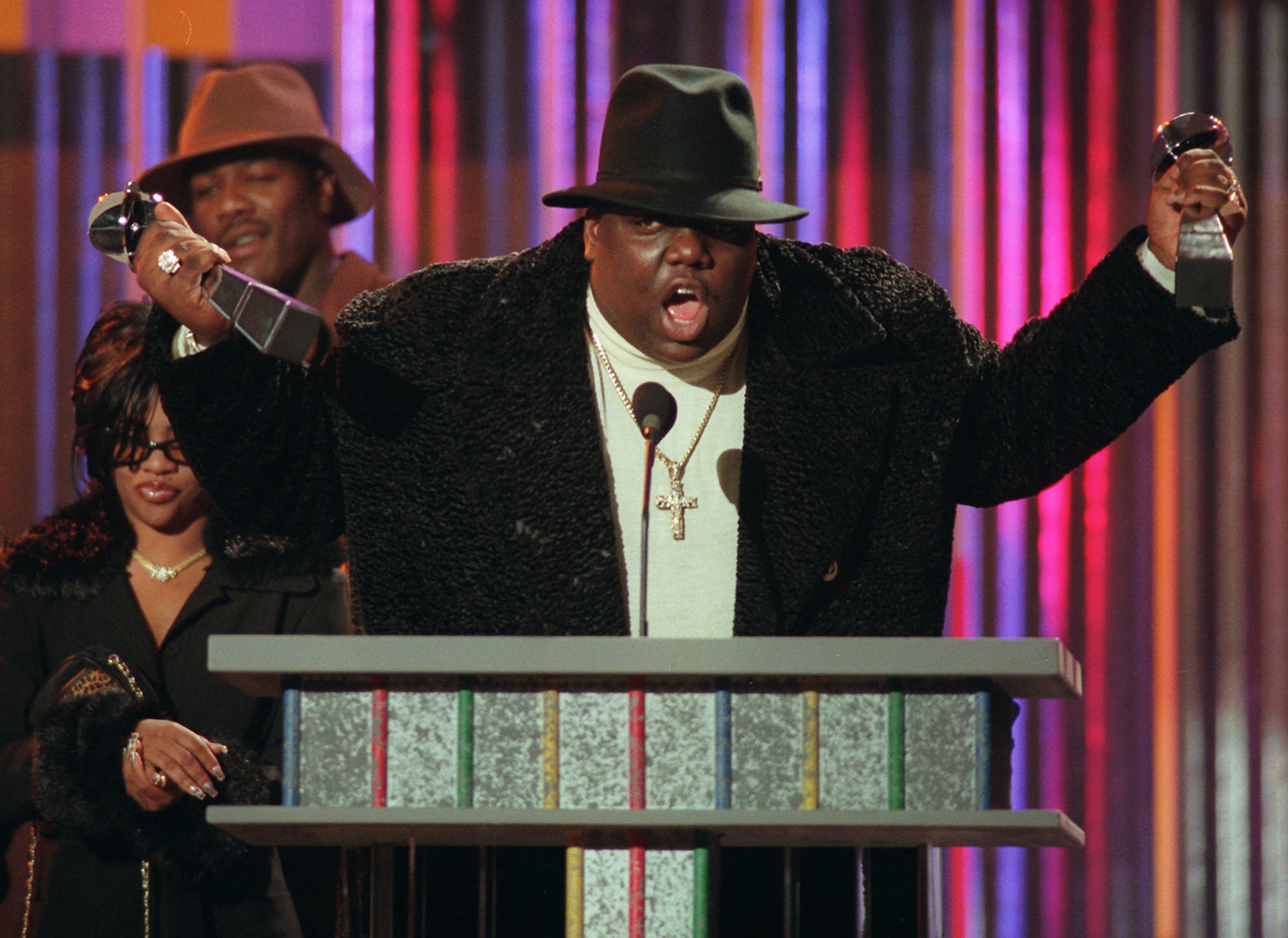Ma Rainey’s Black Bottom, released on Netflix December 18, is a brilliant ode to Rainey’s legacy and a bittersweet reminder that many of the sociopolitical themes affecting Black lives of yore are still prevalent today. The film is an adaptation of August Wilson’s 1984 Broadway play by the same name. Industry giants Denzel Washington and George C. Wolfe serve as producer and director, respectively.
The all-star ensemble cast is led by Viola Davis who with a padded suit, gold grills, and greasy makeup, transforms into Ma Rainey, “Mother of the Blues.” Set in late 1920’s Chicago, Davis, as Rainey, takes us on a journey of a Black, full-figured, unapologetically queer star fighting to assert her dominance in a male-dominated space. Rainey and her band are powering through a recording session in an industry buoyed by Black talent but controlled by white men, much like the world at large.
“I love the character Ma Rainey,” George C. Wolfe tells AURN. “I think she’s powerful and unapologetic, and fearless and commanding, so I thought it would be fun to go on that journey with her and to go on that journey with Viola.”
Majority of the film is set in a studio with Rainey and her band recording original music that will ultimately go to a white group. During that span of time, Rainey demands the pay she deserves, pushes for her stuttering nephew Sylvester’s chance to speak on the record—no matter how many takes it requires, and insists on a coke before she starts singing because they knew better than to be unprepared for her arrival. Rainey knows her worth and threatens to walk out if her stipulations aren’t met.
Equally as alluring as Davis’s Rainey were Coleman Domingo, Glynn Turman, Michael Potts, and Chadwick Boseman as Rainey’s band. Boseman, in particular, steals every scene he’s in as Levee, a tormented trumpet player haunted by racial trauma from his past and by the fact that his talent may never fully be realized in a music industry that constantly jerks Black artists—himself included. Levee often bumps heads with Rainey and the band. He upstages them while they’re performing, flirts with Rainey’s girlfriend, uses his lack of faith as a means to mock bandmembers who call upon God, and often takes his frustrations out on Toledo (Turman), the oldest member of the band. This ultimately leads to tragic consequences.
“I love how complicated the character Levee is,” says Wolfe. “He’s young and he’s ambitious. He’s determined, and he’s got charm and he’s got a haunted past. I loved the idea of working on that character with Chadwick. I stuttered when I was little, so I felt this intense connection with Sylvester, and I just always loved these characters. So I wanted to go into a room and play with these actors who were going to play these characters.”
Ma Rainey’s Black Bottom is a classic tale revived by Wilsonian actors (all were familiar with August Wilson’s various works in some way) and told with expert precision. You enter this story expecting excellence and that is what you get. However, the production isn’t without its flaws. While viewers will be satisfied with Levee’s biggest, most heart-wrenching monologue, there’s not enough backstory about Rainey, the movie’s namesake and star. That aside, the drama intersects at race, gender, sexuality, and age. If you know what it’s like to be part of a marginalized group in society, it will make you think and most likely relate as you get lost in the plot with heavy Black Lives Matter subtext.
“What people take away from this is ultimately up to them,” says Wolfe, “but I hope they fall in love or evolve a deep affection for all of the characters. So that therefore when they find themselves confronting the consequences of what Levee does to Toledo or what happens to Levee’s song or how Ma is feeling when she’s in that car and they’re driving away, hopefully, they become so invested in the characters that the things the characters are feeling they’re feeling as well. And if they are feeling that sense of loss, confusion, hurt or devastation, they will connect it to the world they live in.”








